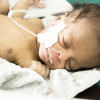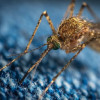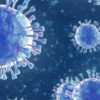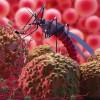The Cholera emergency needs immediate attention
The world is facing a recent increase in cholera cases, even touching countries that have eradicated it for decades. The average case fatality rate of the current outbreaks is twice the target threshold of <1%.
Although the situation is unprecedented, the lesson remains the same: safe drinking water, sanitation, and hygiene for long-term and sustainable solutions to ending this emergency and preventing future ones.
The Global Task Force for Cholera Control (GTFCC) emphasized that
countries need strong public health surveillance systems to identify cholera cases and take immediate action to prevent future outbreaks. They must also break the emergency cycle by investing in water, sanitation, and hygiene (WASH). Further, they pinpointed the necessity to focus efforts on cholera hotspots. They also emphasized developing and implementing national cholera plans, including the budget allocated for WASH.
The agency warned that apart from climate change, modeling exercises indicate that population growth and urbanization alone will double cholera cases over the next 20 years if we do not act now.














Please login to comment on this article